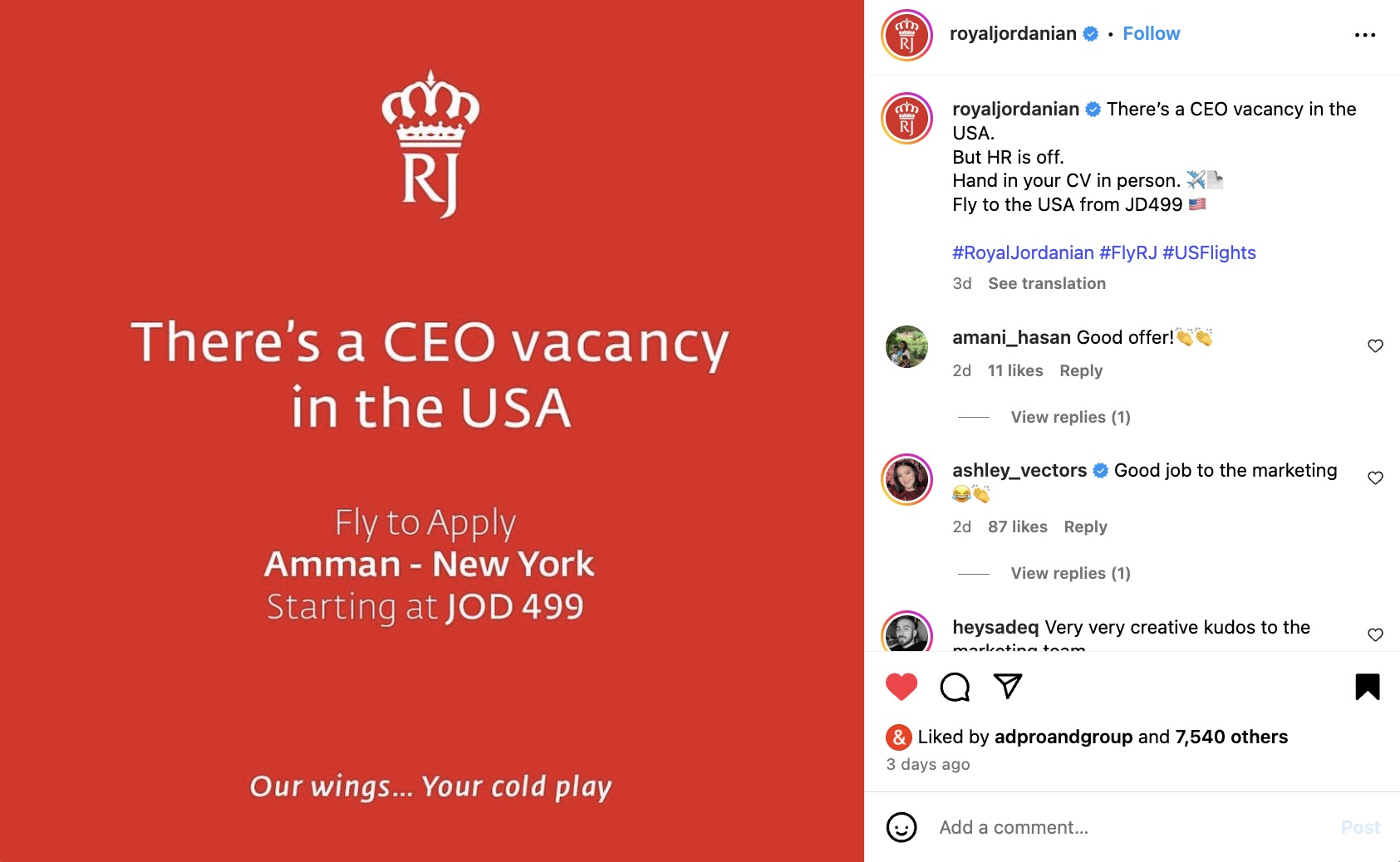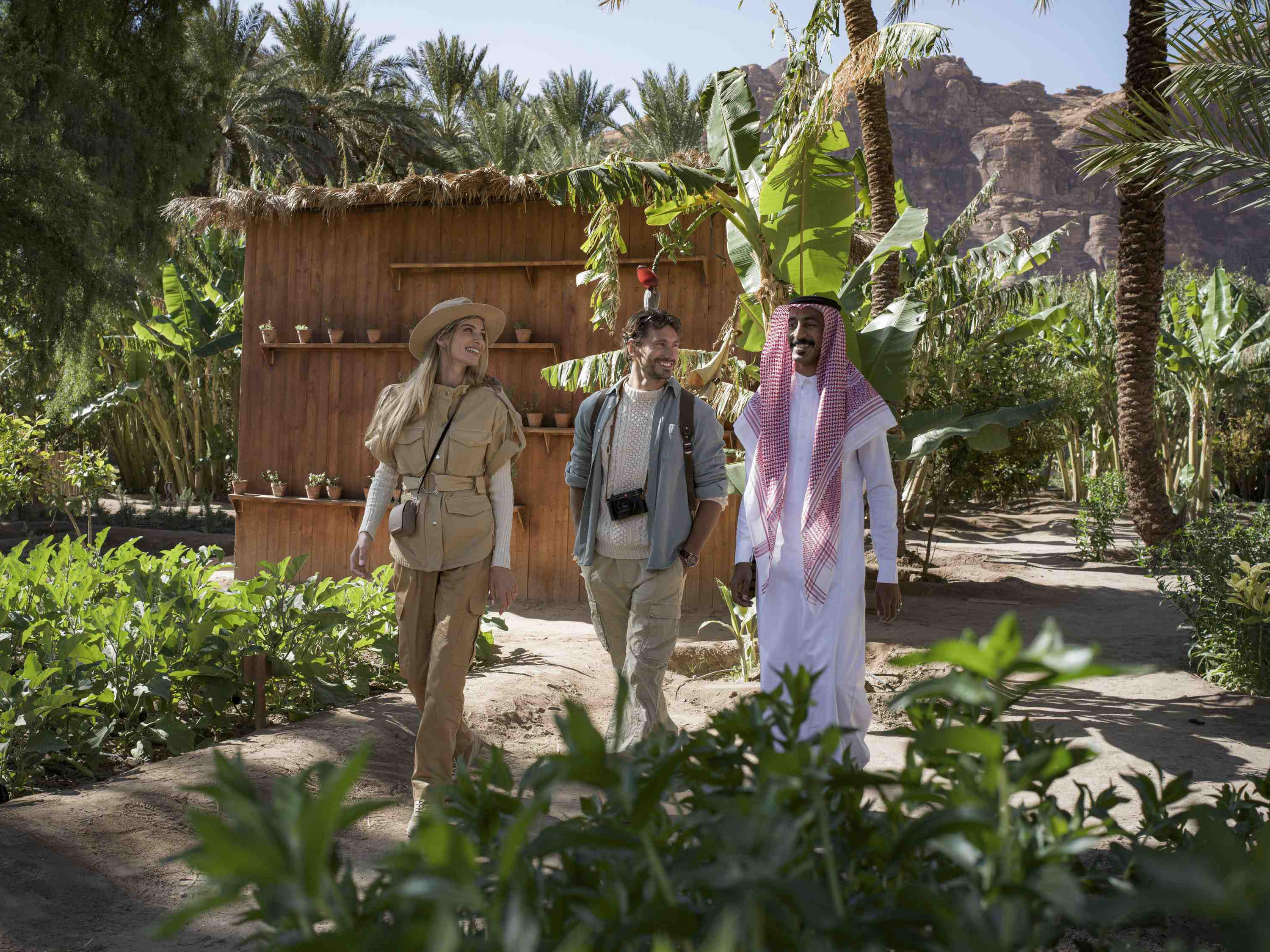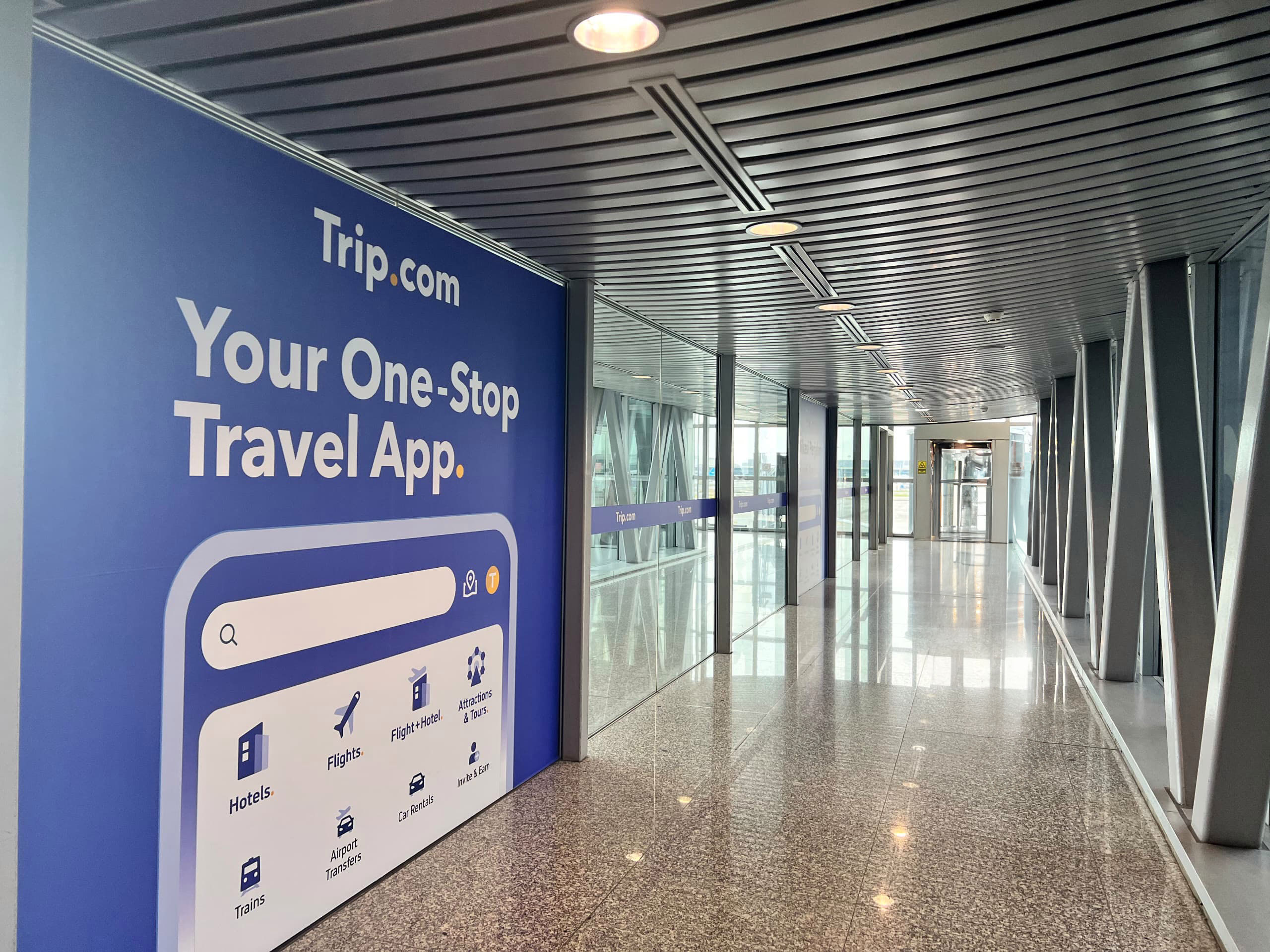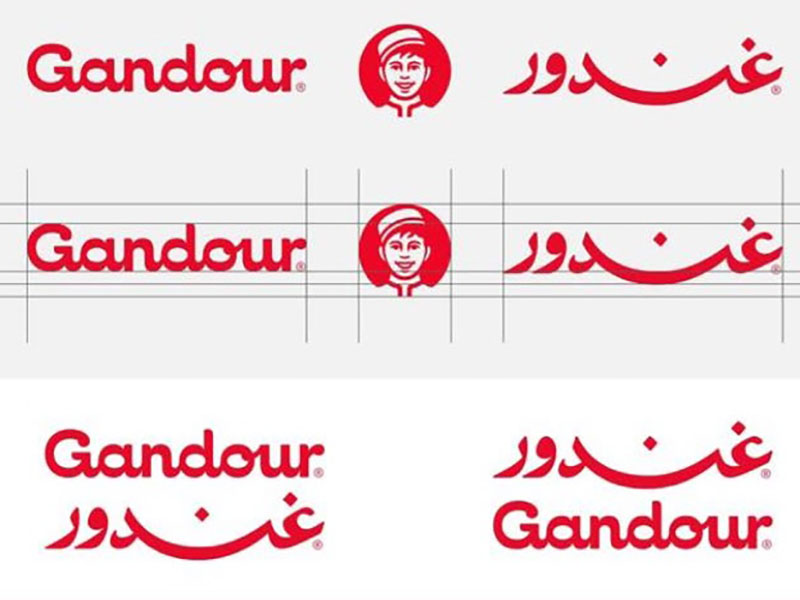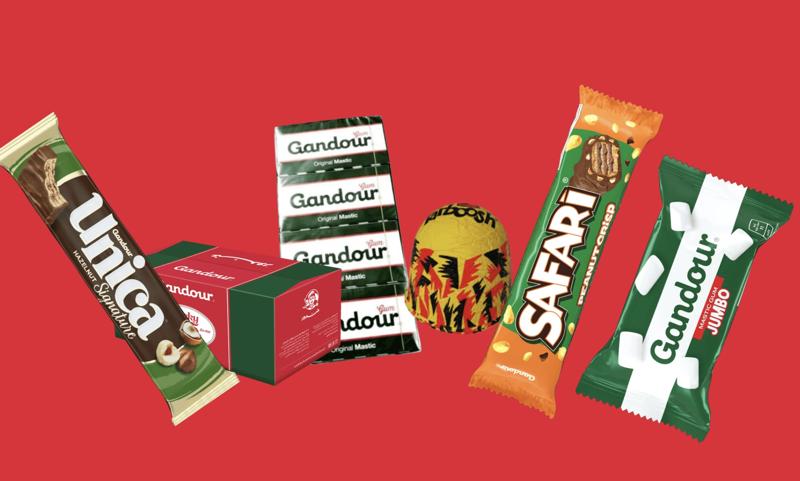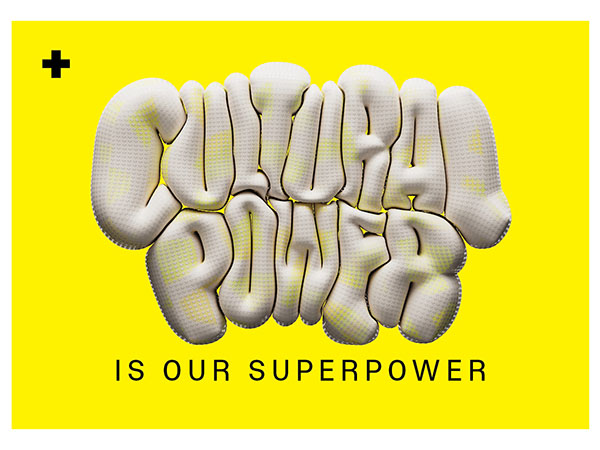News - Branding
Lebanon the Brand, a Constantly Shifting Mosaic
by Yasmine Dabbous
October 9, 2011
.jpg) Advertisement
AdvertisementBachoura’s present conception of Lebanon, a multi-faceted cluster of bitter-sweet contradictions, may actually make up the country’s brand image. To paint an accurate picture of what Lebanon is, I sent emails to around 100 relatives and friends, Lebanese, Arab, European and American, living either in Lebanon or abroad. The result came as a colourful bouquet of tourism, war, resistance, natural beauty, delicious food, occupation, culture, corruption, nostalgia, political bickering, Mediterranean shores, sexy women and missed opportunities.
Razan Al Mufleh, a Jordanian communication student at the Lebanese American University, saw Lebanon as a touristic haven to visit with the family and a politically problematic and potentially violent country to be avoided. “I also thought Lebanon was a good destination for higher education only if there were no conflicts,” she adds.
Al Mufleh explains that the dichotomous image she held of Lebanon came from coverage of local and Arab satellite channels, which “gave an impression of a conflicted country, yet democratic.”
Ramsay G. Najjar, founder and managing partner of Strategic Communication Consultancy (S2C), explains that the political tensions that plague Lebanon and the short-sightedness of its political officials stand behind the country’s disjointed image. “No serious efforts have been carried out to try to brand Lebanon in a holistic and non-fragmented way in recent years,” he says.
Najjar sees that as a strategic failure. “This branding relying on contextual circumstances (is) volatile and easily swayable with the smallest changes in the political, social, or economic situation,” he argues. “This, in effect, goes against the spirit and raison d’être of branding.”
According to the Business Dictionary, branding refers to the process of establishing a unique and consolidated presence in the market to attract stakeholders. The word “brand” comes from the Old Norse term “brandr,” which refers to burning.
In the absence of such a concerted effort to market Lebanon abroad, people rely on media representations to visualise the country. For some foreigners, especially in Europe and the United States, this means a violence-prone state, comparable to post-Saddam Baghdad.
Matteo Buschittari, an Italian now living here, saw Lebanon as “a heavy conflict zone,” even after the Civil War. When he later visited Beirut, however, the young man was surprised to find it quite livable.
Amy Ladley, an American political science researcher, grew up thinking of Lebanon as an exotic Middle Eastern nation full of camels, belly dancers and dictators with epaulets. It wasn’t until she started graduate school that she formulated a more accurate image of the country.
“I would say those more colourful images were very much a product of the media,” Ladley says. “When you’re young, especially in America, there’s a lack of geographical awareness that makes it easy to be a little ethnocentric.”
Lebanon’s image is based on a process of divergence from other Arab states. A brand’s positioning often depends on one of the following: a product’s characteristics, its uses, its price, its user, its cultural symbolism or its competitors. It is this last category that many people around the region refer to when they brand Lebanon.
Contrasted with many of its Arab neighbours, Lebanon comes as a more liberal, more democratic, more Westernised and greener country –an image that may be jeopardised by the recent Arab Spring. Its foliage may not compare to Germany’s Black Forest but Lebanon’s pine and cedar trees still attract residents of the Gulf, fleeing the burning sun of August. Similarly, Lebanon’s feudal-based power sharing among few aristocratic families fails to register as a democracy compared to France or the United States but people’s right to cast a free vote is still a rare phenomenon in the Middle East.
Othman Farmawi, a Jordanian student at the American University of Beirut, concurs. “Lebanon used to be a perfect country,” he says. “It had everything; beautiful nature, great food, nice weather, pretty women and an open-minded culture that accepts everyone.” It wasn’t until Farmawi moved to Lebanon to complete his undergraduate studies that his ideal view of the Mediterranean country faltered.
Lebanon’s brand image is even fragmented among its own citizens. Those living abroad, and especially the women among them, tend to think of Lebanon in terms of nostalgic stories, romantic sceneries and family. Their Lebanon is the Lebanon of Fairuz.
Dania A., who married an Egyptian, cried the first time she listened to the Lebanese diva’s song “Li Beirut” in Cairo. “Lebanon is the peace in Fairuz’s voice,” she says.
The country’s actual residents are more divided. They either hate Lebanon and want to leave it or love it and enjoy every dysfunctional detail of everyday life. Their Lebanon is the Lebanon of Ziad Rahbani.
Mohamed S., who works for an IT company in Beirut, just wants to leave. “I wish I could migrate as soon as possible and establish myself abroad,” he says. “I gave up on Lebanon.”
Zeina F., an instructor at a primary school, does not want to leave. She hopes, instead, that political leaders would do so. “If you like Lebanon, then leave it the f---- up!” She says. “This expression for me is what Lebanon is and should be about.”
People interviewed evoked pictures of incense and prayer, flowers, sea pets, fireworks, an Arabian female in the immense fields of the Bekaa, people in bikinis scattered around Edde Sands and manakish bi zaatar.
“The mix of two societies, two ideologies, two extremes, that sit side by side,” Hanadi S., a Lebanese expatriate in Minnesota, USA, comments as she shows me the picture of two ads, one of a woman praying and the other of a sexy body in tight jeans. “It projects the spectre of activities that you can do in Lebanon, from praying duhr to praying to get laid tonight.”
Lebanon’s fragmented image emerges even as one researches the country online. YouTube videos of Lebanon include, for example, footage about sectarianism (one is entitled “Sect and the City”), some about the Israeli occupation, one about skating in Lebanon, one about Syrian-Lebanese relations and several about touristic destinations and the country’s beaches. Of the latter, you can find “Lebanon, heaven to live.” Right next to it is another video warning “Beware Hezbollah.”
The first ten results in a Google search of “Lebanon” are even more revealing. They include Wikipedia’s entry, describing a beautiful but war-ridden country, several websites of political bickering, Lonely Planet’s depiction of an attractive Mediterranean touristic destination, a film on the Lebanese war on IMDb, and the image of a diverse third-world country in the CIA World Factbook. Among them, also, is the Lebanese Ministry of Tourism’s official website.
“A land of golden beaches and stunning mountain landscapes. Landscapes that change with the seasons, but are always bathed in the warm sun,” the website’s home reads. “The daylight rising over Lebanon brings endless opportunities of fun, beach, nature and outdoor activities. You'll never know what to choose. Whatever it will be, an unforgettable time awaits you under the shiny Lebanese sun.”
The ministry also quotes a New York Times article, published in 2009, which cites Beirut as “the first destination among 44 places to go (to)” that year. It suggests a list of activities one can engage in when in Lebanon: Shopping, dining, sightseeing, entertainment and night-life, rural heritage, exploring nature and adventure, beaches and sea side, water sports, bird watching, camping, caving, cycling, hiking and trekking, mountain climbing, mountain reserves, skiing and winter sports.
But Najjar believes that a comprehensive brand image should not be relegated to an initiative by the Ministry of Tourism. “(It) rather should be acknowledged as a national priority that is as much about attracting tourists as it is about luring businesses, creating jobs, enhancing national pride, and removing the prejudice that Lebanese have to endure simply due to their passport and their identification as Lebanese,” he says. Part of the problem –and the official reluctance to properly brand Lebanon– may relate to the ideological conflicts surrounding the country’s national identity. Since the inception of the small Mediterranean country as Le Grand Liban in 1920, different parties at the local, regional and international levels have tried to define what Lebanon stands for. Some saw it as a Westernised country, independent of its Arab neighbours, while others conceived it as part of the greater Arab Nationalist movement. In the same fashion, some see Lebanon today as a beacon of resistance to Israel while others think of it as a centre for regional and global business investment.
“Many believe that we should first resolve our political differences before we can agree on the identity of Lebanon which we would then celebrate,” Najjar says. But the strategic communication expert sees things differently.
“(I) believe that we should look at this in reverse, whereby simply sitting together to align and work on Lebanon’s branding would serve as a catalyst for an entente among political factions,” he says. “If we all put our Lebanese identity ahead of our political differences, then there are no reasons why we would fail to align on the system of values that we all live by and adhere to.”
Note: Some people refused to give their full name to protect their privacy.


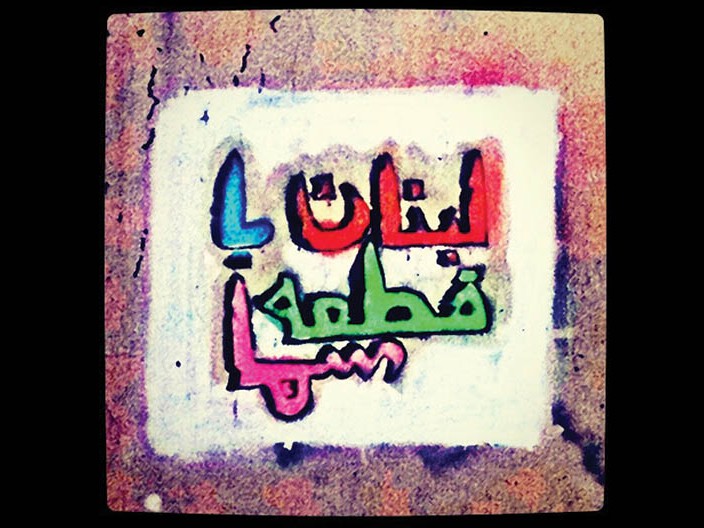









.jpg)
